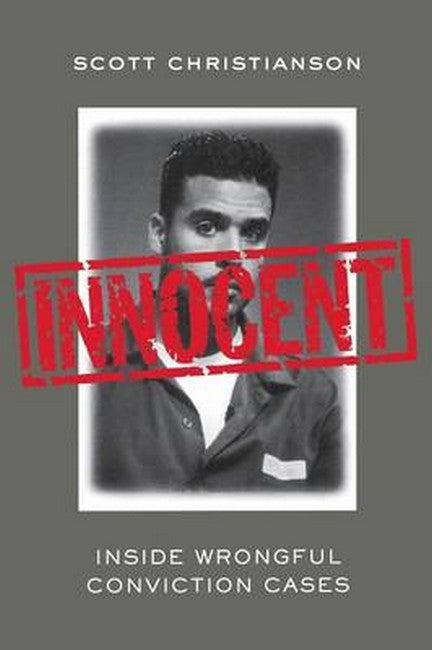In 2003 Governor George Ryan cleared Illinois' death row, pardoning four death penalty inmates who said their confessions had been tortured out of them. He then commuted the death sentences of the remaining 156 death-row inmates to life in prison - a move unprecedented since capital punishment was reinstated in America. But Ryan's move was only the most dramatic at a time when it seems that everyday we read of a new prisoner released because of new evidence, police misconduct, or a host of other miscarriages of justice. While the American legal system is based on the tenet that accused persons are considered innocent until proven guilty, a close look at many cases reveal that this is often far from the truth. The 42 cases collected and graphically documented in "Innocent" tell the story of just such wrongful conviction cases. Based upon interviews with more than 200 people and reviews of hundreds of internal case files, court records, smoking-gun memoranda and other documents, Scott Christianson gets inside the legal cases and displays them through documents and images of the people and evidence involved. He reveals the mistakes, abuses and underlying factors that led to miscarriages of justice, including the presumption of guilt, mistaken identification, eyewitness perjury, ineffective assistance of counsel, police misconduct, prosecutorial misconduct, and forensics, while also describing how determined prisoners, post-conviction attorneys, advocates and journalists struggled against tremendous odds to win their exonerations. Some of the defendants in "Innocent" are still in prison, trying to prove their innocence to the courts. Others have had their convictions reversed and the charges against them dismissed, and still others have been awarded civil damages after the state conceded their innocence. The result is a brief and powerful work that recounts the human costs of a criminal justice system gone awry, and reminds us that wrongful convictions can - and do - happen.

